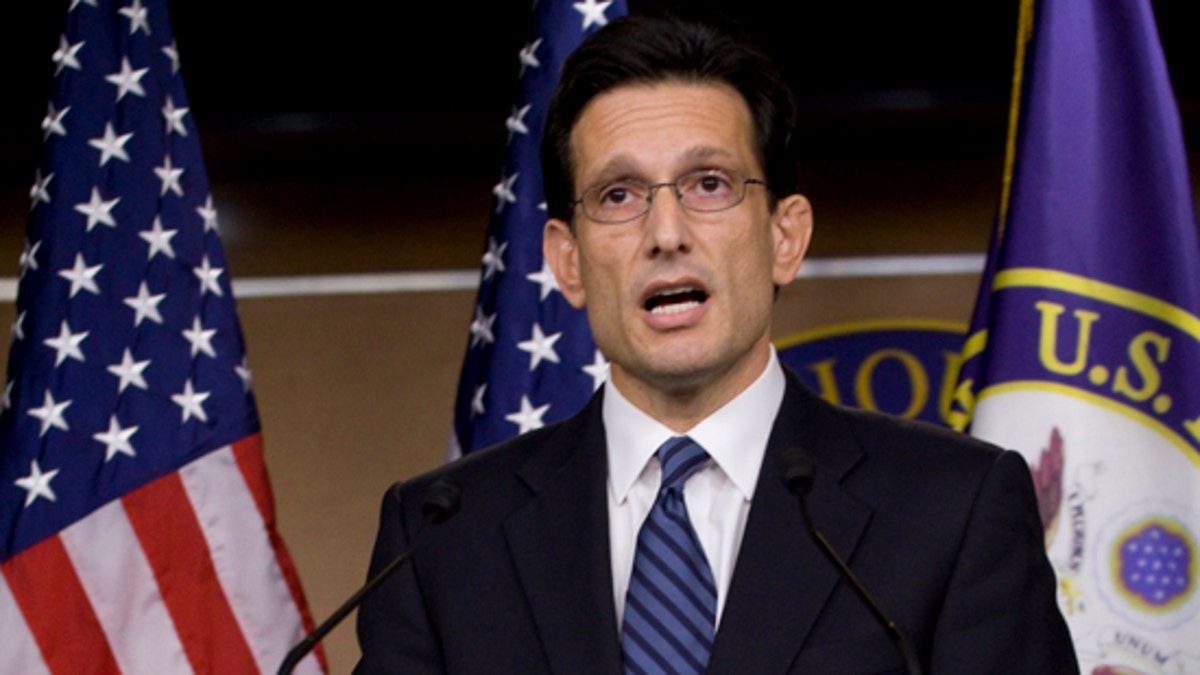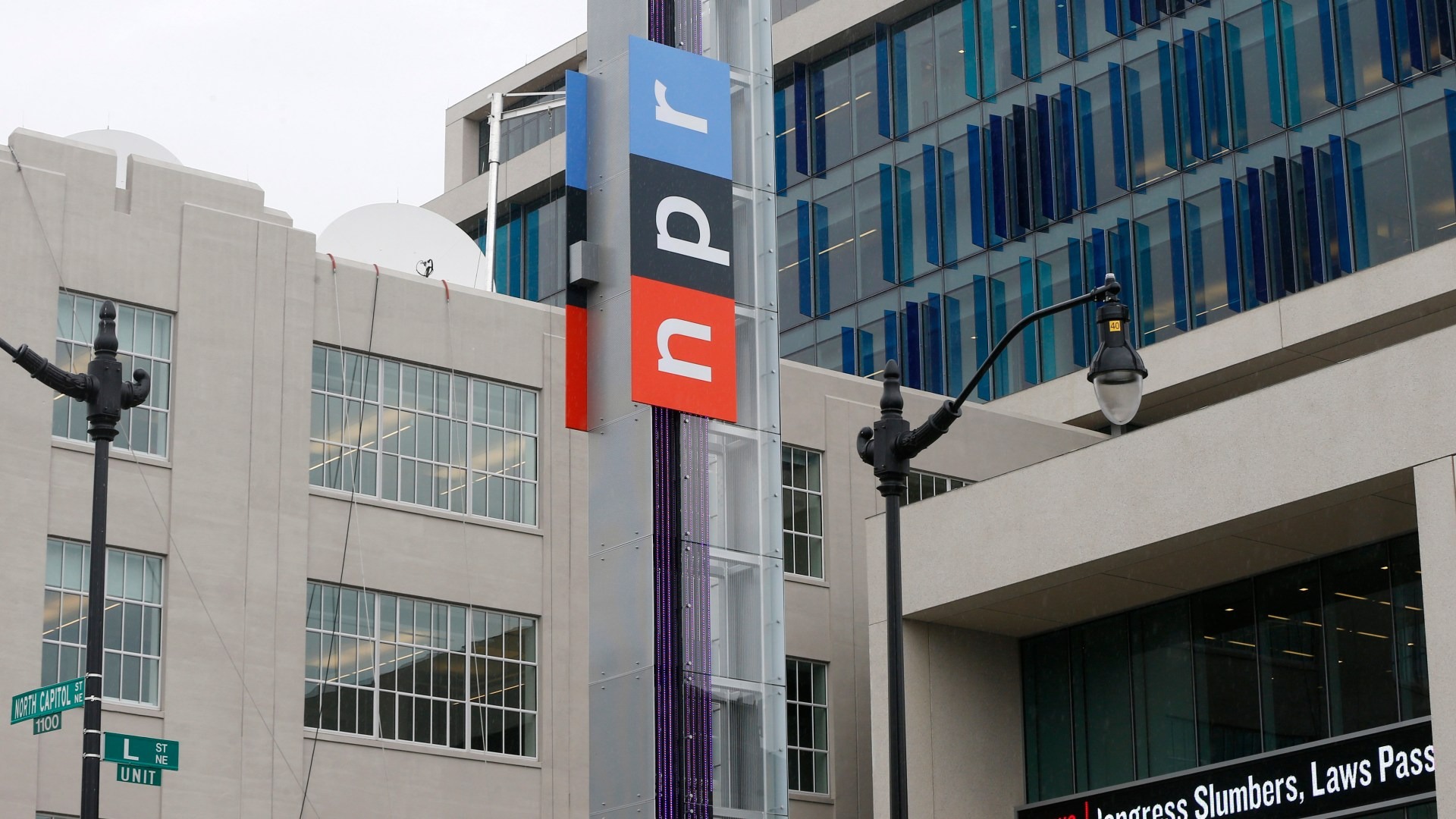Several House Republicans are moving to cut off federal funding for National Public Radio (NPR) following controversies surrounding the network’s alleged partisanship. This legislative effort comes in the wake of the suspension and subsequent resignation of Uri Berliner, a former NPR editor who criticized the network’s editorial practices.
Representatives Claudia Tenney of New York, Jim Banks of Indiana, and Bob Good of Virginia are spearheading the proposal, titled the Defund NPR Act of 2024. This legislation aims to prevent federal funds from being used by NPR directly or by local public radio stations to purchase NPR content or pay membership dues.
Additionally, Senator Marsha Blackburn of Tennessee is exploring similar measures to restrict funding to the Corporation for Public Broadcasting, which provides grants to NPR.

Rep. Tenney emphasized that American taxpayers should not have to finance a network that, in her view, operates as a partisan outlet. She argues that NPR’s practices represent a misuse of public funds to support a specific political agenda.
This sentiment was echoed by Rep. Good and Rep. Banks, who criticized NPR for promoting narratives they believe to be biased and not representative of American values.
The criticism of NPR has been intensified by the actions of its new CEO, Katherine Maher, whose previous statements and actions have been labeled as partisan by the bill’s supporters. They argue that her leadership further compromises the network’s objectivity.
The push to defund NPR is based on claims of an outstanding left-wing bias, highlighted by Berliner’s allegations of editorial decisions that seemed to favor President Joe Biden over former President Donald Trump, particularly during the coverage of the Hunter Biden laptop story in October 2020.

Supporters of NPR, however, contend that the network receives a minimal portion of its funding from the federal government, suggesting that cutting federal support would have limited impact on its operations. Critics of the defunding effort argue that NPR plays a critical role in providing balanced and informative content to the American public.
This legislative initiative reflects broader debates about media bias, public funding for media, and the role of journalism in democracy, spotlighting the ongoing tension between media practices and political perspectives.


